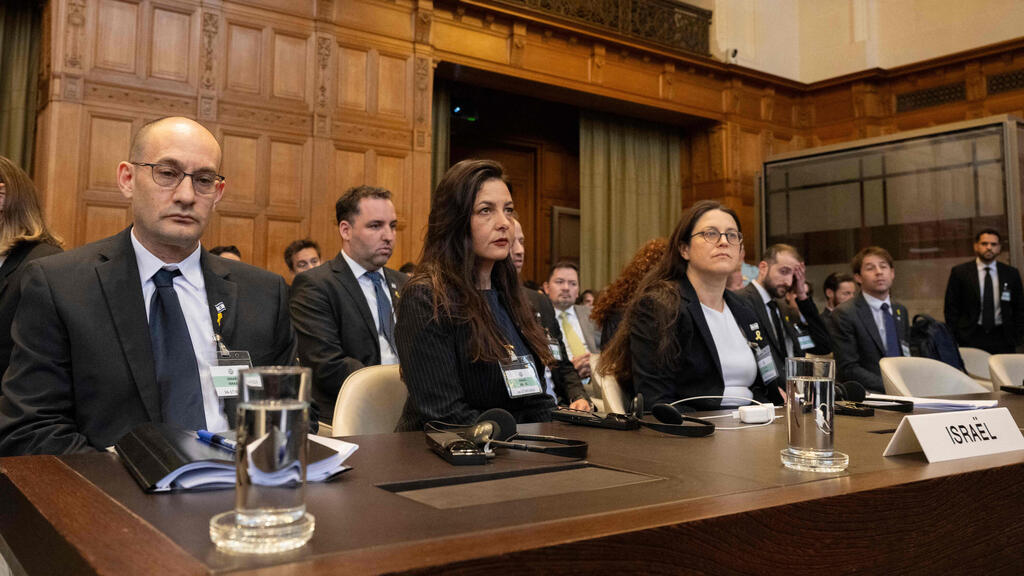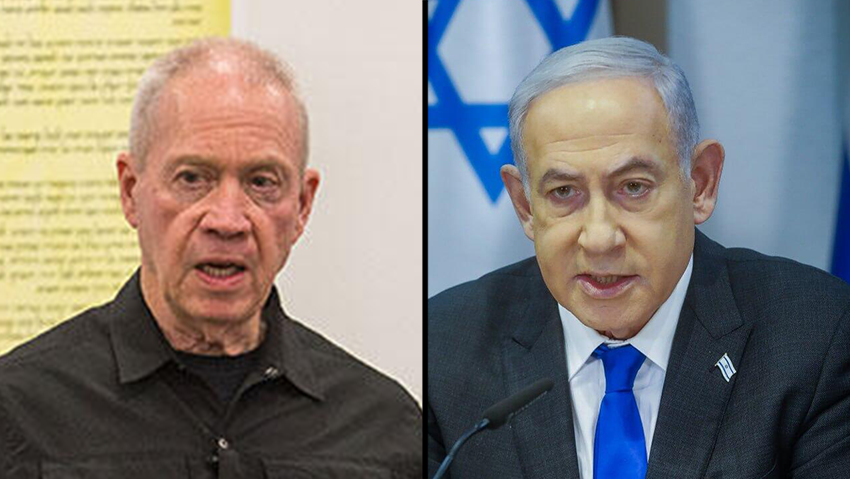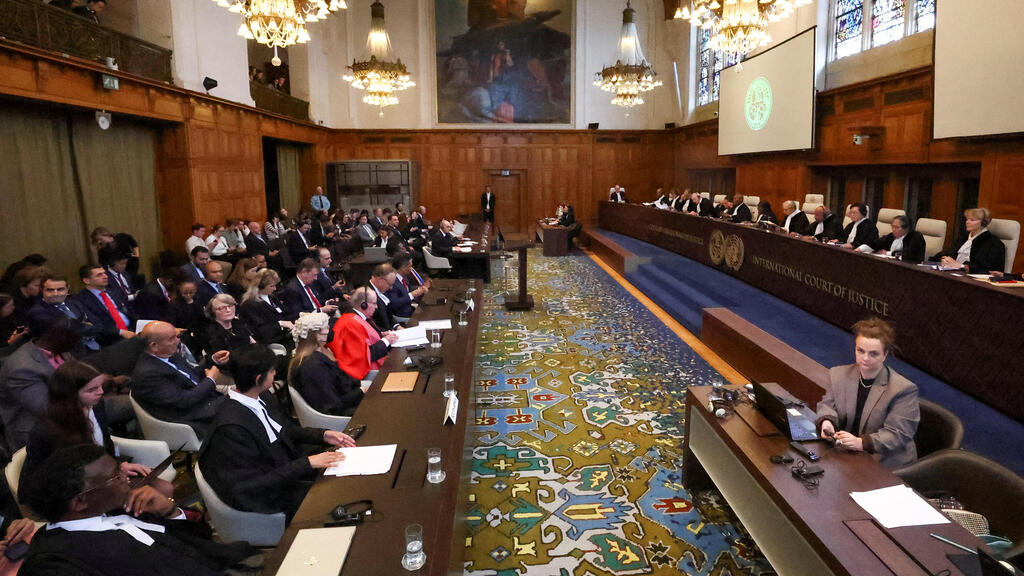Getting your Trinity Audio player ready...
Defense Minister Yoav Gallant said Thursday that the operation in Rafah "will intensify,” against the backdrop of the International Court of Justice (ICJ) which is set to announce its ruling on Friday regarding the South African lawsuit against Israel demanding an end to the IDF’s operation in Rafah.
"We’re intensifying our efforts in Rafah, this operation will grow, with more ground and air forces, and we’ll achieve our goals," Gallant added.
According to Gallant, the goals are: "To severely strike Hamas, strip it of its military capabilities, and to create all the conditions necessary to bring the hostages back home. This is important, it’s a central issue for us, and we’ll make every effort to implement it by all means." Gallant made the remarks as the IDF continues to advance westward in Rafah, mainly in the Yibna and Ash-Shabura districts.
The operation in Rafah led to South Africa’s fourth appeal against Israel to the court in The Hague, with the court’s decision regarding their request for an injunction to stop the operation in Rafah to be given Friday at 4 p.m. Israel time. The request is part of a broader lawsuit accusing Israel of carrying out genocide in Gaza.
Here are the possible scenarios ahead of the decision:
- The court rejects South Africa's request to halt the fighting.
- The court accepts South Africa's original demand to stop all fighting in Gaza.
- The court partially accepts South Africa's demand and issues an injunction to stop fighting in the Rafah area.
- The court issues additional orders to increase humanitarian aid to Gaza.
Experts believe that if orders are issued calling for a pause to the fighting, Israel will not comply. It’s likely that, in such a scenario, the Palestinians and their supporters will turn to the UN Security Council to try to pass a resolution to impose a cease-fire on Israel for all of Gaza or in Rafah specifically.
Jerusalem is preparing for more challenging scenarios, especially after the recent political debacle at the International Criminal Court (ICC) and the request by its chief prosecutor to pursue arrest warrants against Prime Minister Benjamin Netanyahu and Gallant.
Some in Israel prefer that the court issue an order to stop all fighting in Gaza rather than in Rafah alone. The reason is that Israel fears the United States may not veto the motion if the order focuses only on Rafah.
Another concern is the potential spillover of hostilities from the ICC to the ICJ. Formally, the issue of arrest warrants shouldn’t have a direct impact on the matter, and the institutions are standalone - the ICJ is a UN court, and the ICC is an independent institution.
However, both are based in The Hague, both are considered the world's foremost courts in international law, and Israel fears a negative atmosphere toward it and an unfavorable discourse among legal professionals in the city leading to an unfavorable outcome for Jerusalem.






